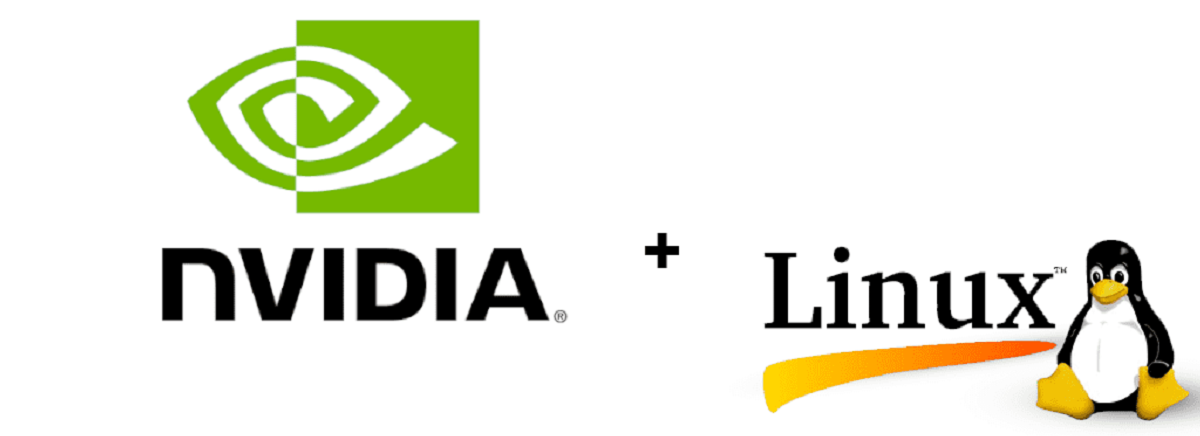
Nvidia announcement finally that you have chosen to release the code of the kernel modules of its drivers is that the company announced yesterday that it was going to make Linux drivers for its GPUs available as open source, starting with version R515, using a dual license GPL and MIT.
Announced the source code for the kernel modules will be available in a repository called “NVIDIA Open GPU Kernel Modules” on GitHub, but for now only the code for the data center GPUs is considered ready for production release. GeForce and Workstation GPUs are considered "alpha quality" at this time.
Nvidia said that the code eis currently out of the box on Turing and Ampere family data center GPUs, following the gradual release of the GSP controller architecture over the past year. It has been tested across a wide variety of workloads to ensure feature and performance parity with the proprietary kernel-mode driver, but it also brings new features, such as the DMA-BUF framework for sharing buffers between devices and subsystems, to come in own with Hopper architecture.
Anyone using GPUs with a pre-Turing architecture should continue to use the old proprietary drivers. Clearly, one of the main objectives from Nvidia when opening the source code for these drivers is to improve GPU support and functionality for supercomputers and large data center facilities. Almost all major supercomputers run some version of Linux, and having closed source drivers is probably not to the liking of the people responsible for those installations.
For people, the picture is not so rosy at the moment, as only the proprietary deprecated monolithic kernel module is considered non-alpha quality. According to Nvidia, improvements are expected throughout the year. The new open source driver runs on the same firmware as the old driver and the same user-mode stacks, such as CUDA, OpenGL, and Vulkan. Additionally, the company said that fixes submitted by the community will be considered for inclusion in future driver releases.
With the availability of fully integrated packages and source code, distribution administrators will be able to more easily include drivers in their software repositories.
Canonical and SUSE are mentioned as developers that can now integrate modules of open kernels in their distributions.
"Nvidia's new open source GPU modules will simplify installations and increase security for Ubuntu users, whether they're AI/ML developers, gamers or cloud computing users," said Cindy Goldberg, vice president of Silicon Alliances. in Canonical.
New drivers should arrive in Ubuntu 22.04 LTS in the next few months. Nvidia worked with Canonical and SUSE, as well as Red Hat, to improve package deployment and create better support models for customers. Providing more context, Red Hat director Christian Schaller said in a blog post that the maintainers of the Nouveau driver (a project to produce free drivers for Nvidia graphics cards by reverse engineering) and the kernel had met with Nvidia during the last month.
"It's just the kernel part, a lot of a modern graphics driver is in the firmware and userspace components and those are always closed." But that means we now have an Nvidia kernel driver that will start to be able to consume GPL-only APIs in the Linux kernel, even though this initial release won't consume any APIs that the previous driver didn't use. Schaller wrote. The latter added that Nvidia's existing Nouveau and binary driver will remain in place, even when the new open source driver is developed.
In short, this is the current stage of Nvidia's open source kernel driver efforts. However, multiple sources report that Nvidia hinted on Wednesday that "these open kernel modules outside the tree are just a step towards better Linux support."
Finally if you want to consult the released source code, you can do it from the following link.